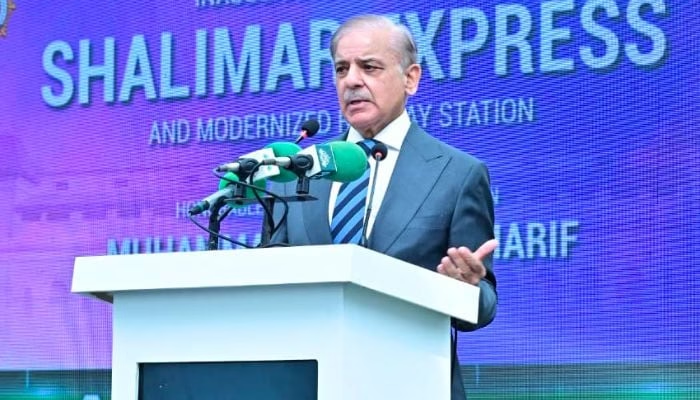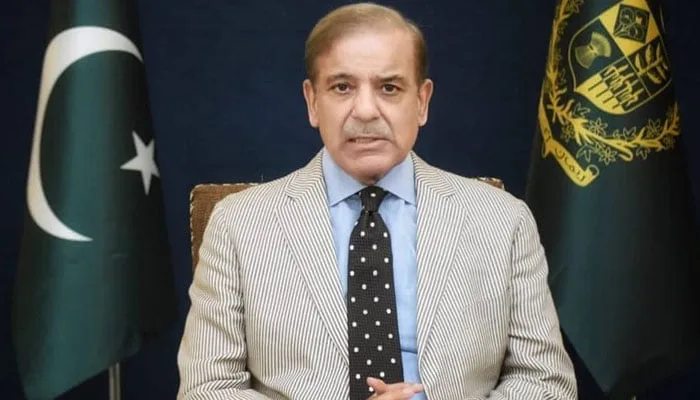The Supreme Judicial Council has granted permission for the public hearing of the case involving Justice Mazhar Naqvi. Justice Mazhar Naqvi had requested the Supreme Judicial Council to open the proceedings, and the council has unanimously approved his application. According to sources, Chief Justice of the Supreme Judicial Council, Justice Faiz Esa, stated that Justice Mazhar Naqvi had made the request through his legal representative, and the request has been accepted. Now, proceedings against the judge will be conducted openly, with measures taken to ensure the judge’s protection through the use of cameras during the proceedings.
Following the approval of the request, the Supreme Judicial Council has initiated open proceedings against Justice Mazhar Naqvi. It is reported that the open proceedings of the Supreme Judicial Council will take place in the courtroom of Court Number One of the Supreme Court.
This development marks a significant step towards transparency and accountability within the judicial system, as the decision allows the public to witness the proceedings involving a member of the judiciary. Opening up judicial inquiries to the public eye is a measure aimed at fostering trust in the legal system and ensuring that justice is not only done but is seen to be done.
Justice Mazhar Naqvi’s case has garnered attention, and the decision to conduct open proceedings reflects the commitment of the Supreme Judicial Council to uphold the principles of justice and fairness. The move aligns with broader efforts globally to enhance the transparency of judicial proceedings and build public confidence in the legal system.
The utilization of cameras to protect the judge during the open proceedings underscores the Council’s commitment to ensuring a fair and secure environment for the judicial process. It is expected that the open proceedings will shed light on the nature of the allegations against Justice Mazhar Naqvi and allow the public to form informed opinions about the case.
As the proceedings unfold, this decision by the Supreme Judicial Council will likely contribute to ongoing discussions about judicial accountability, the rule of law, and the broader reforms within the judicial system in the country



